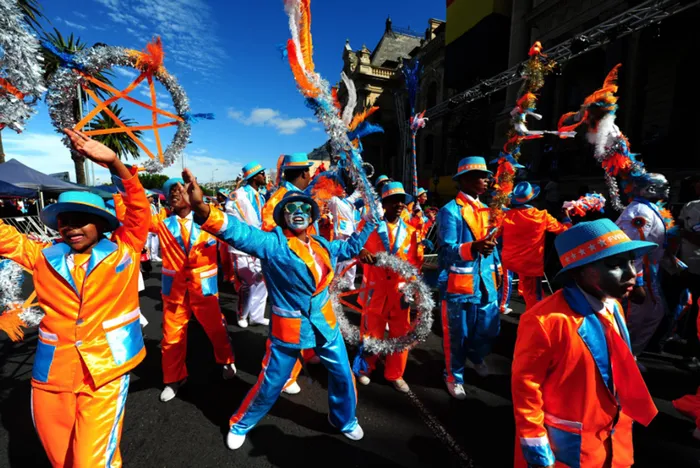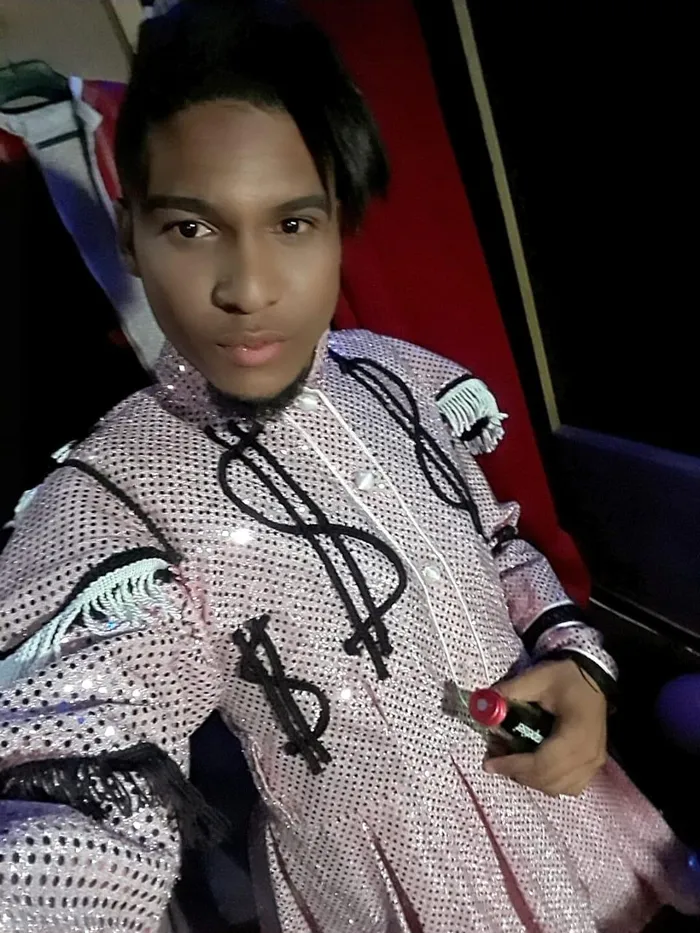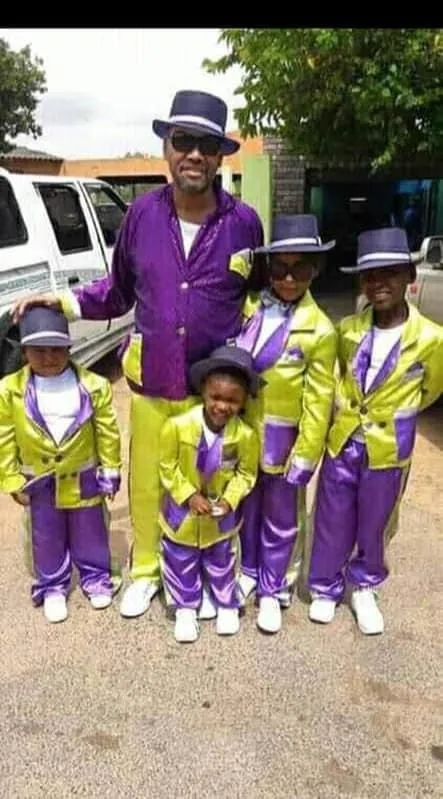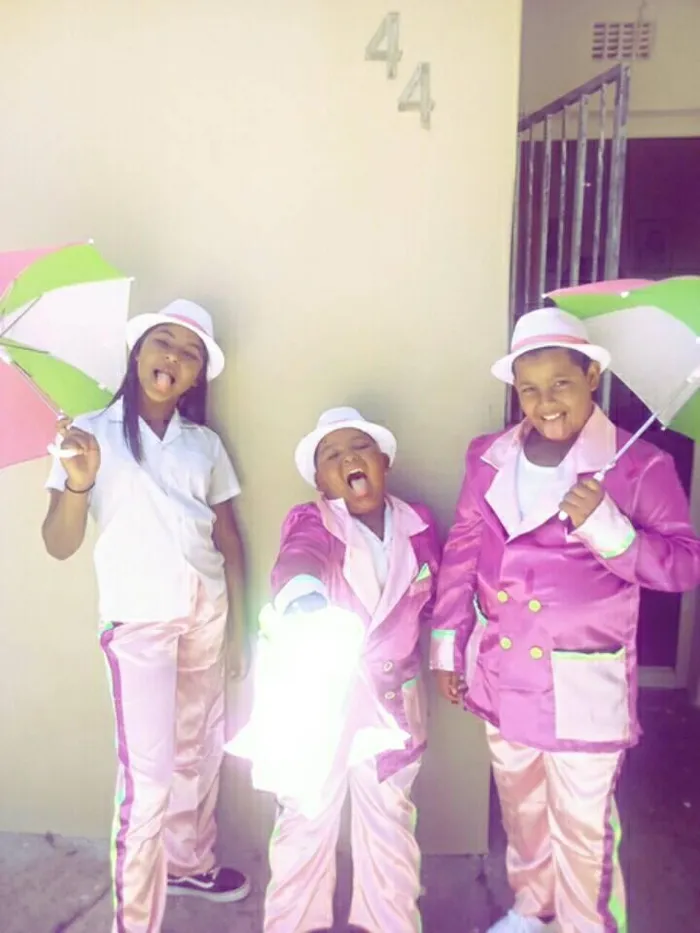
The Woodstock Starlites and Cape Minstrels (also known as the Kaapse Klopse) take over Cape streets during the Tweede Nuwe celebrations.
Image: Henk Kruger/Independent Newspapers
As we celebrate Heritage Month, as a proud Cape Coloured, one of the best parts of my heritage is the Cape Minstrels.
The Cape Town Minstrels, colloquially known as The Kaapse Klopse, is a tradition stemming from the 1800s.
The celebrations, known as Tweede Nuwe Jaar (second new year) on January 2, were an off day given to slaves to celebrate however they felt fit.
During this alternative New Year celebration, the slaves would dress up as minstrels and dance rhythmically to the sounds of banjos, guitars, ghoema drums, whistles, trombones and tubas. Tweede Nuwe Jaar is a celebration of a community's survival and illustrates the continuity between its past, present and future
While slavery was officially abolished in the Cape on December 1, 1834, the Tweede Nuwe Jaar celebrations remained a much-anticipated celebration.
It is estimated that the first carnival troupe was organised in 1887, and Capetonians remain true to this tradition. It is now known as the Cape Town Minstrel Carnival, a colourful parade that celebrates our rich history and culture. Vibrant colours, singing and dancing, and uniting residents are what make the annual event a must-see for all those in Cape Town.
It is a time when residents from all walks of life join together to celebrate not only the new year but all the opportunities and successes that the new year may bring.
The Kaapse Klopse have also showcased the immense talent hidden in Cape Town and most artists, designers, songwriters, and dancers get the chance to show their true talents to the public.

Diego April started singing in the Kaapse Klopse at the age of nine.
Image: Supplied
Many singers, specifically, grew up within the Cape Minstrels and today, many celebrities still join the Cape Town Minstrel Carnival, one of Cape Town’s biggest annual celebrations.
One such person is Diego April, 30, from Atlantis, who basically grew up singing in the Cape Minstrels.
April, a professional performer and sought-after MC, told IOL that the Cape Minstrels is what truly set him up for the person he became.
“My journey started at the age of nine, and I ended up performing and singing in the Klopse for 14 years. It was the most memorable and amazing time of my life. It definitely instilled so much,” he said.
April started as a juvenile sentimental performer; later, this led him to the adult sentimental, the moppie, and ended up singing the Coon song.

Diego April's grandfather, Peter Adams and grandchildren ready for Tweede Nuwe Jaar celebrations.
Image: Supplied
“At the age of 22, I stopped singing for the Minstrels I ended up becoming a full-time performer and MC. What I truly appreciated about the Minstrels was getting on stage, having the most nerves but as you stand there to sing, having thousands of people cheering for you is something else,” he said.
April believes the Cape Minstrels groomed and shaped who he became.
“The Cape Minstrels contributed to me becoming a full-time performer, and it made me fall in love with the arts, the stage, and entertaining people. It contributed a lot to how I project myself in society,” he said.

Cairah Adams, Cayde Adams, and Connor Erasmus were part of the Atlantis Community Entertainers.
Image: Supplied
“Being part of the Kaapse Klopse instilled so much heritage in me and contributed to so many elements of where I am today. I can really just be thankful for the character building and the sense of belonging in that society it brought to my life at such a young age. I don’t think I would have become the individual I am today without the minstrels,” April said.
Many share the same sentiments, and families continue to follow this tradition. Many people will camp out in the Cape Town CBD during the early morning hours with tents, sleeping bags, and camping chairs just to get the best seats in the house to see their favourite minstrel teams pass by and celebrate our beloved culture and tradition.
robin.francke@iol.co.za
IOL